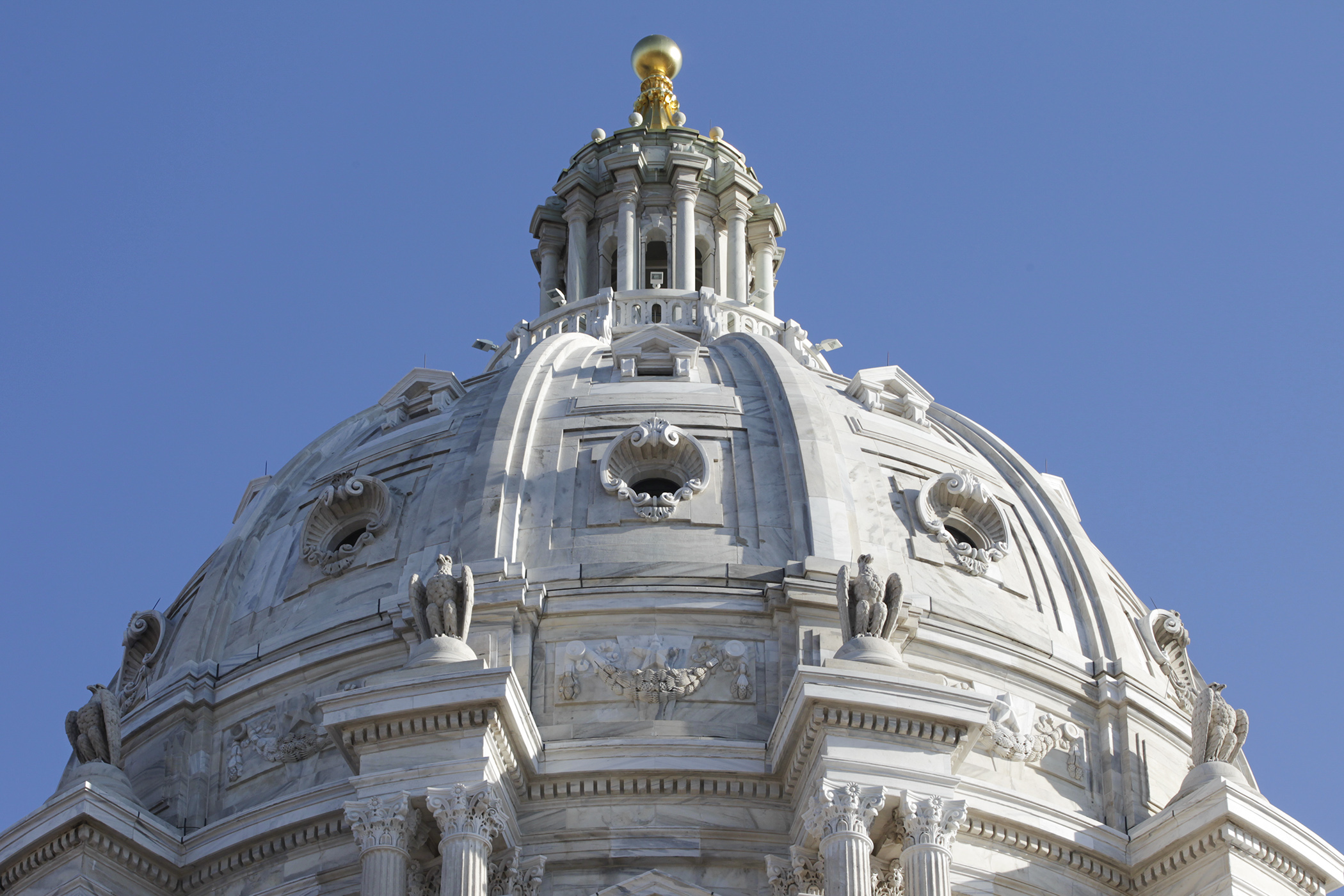House division approves $1.50 per pack cigarette tax hike

The number of Minnesotans who smoke has fallen nearly 40% over the last two decades. But that decline has slowed in recent years and there are still more than 500,000 smokers in the state.
The House Preventive Health Policy Division approved a bill Wednesday that seeks to further reduce those numbers by raising taxes on cigarettes, cigars and tobacco products, and funding new campaigns to help people quit smoking and stop others from starting.
Sponsored by Rep. Jennifer Schultz (DFL-Duluth), HF1721 would increase the tax on a pack of cigarettes by $1.50, bringing the total excise tax to $4.54 per pack. It would increase the tax rate by 2% on other tobacco products, such as e-cigarettes and chew, and the tax cap on premium cigars from 50 cents to $5. E-cigarette devices would also be taxed as tobacco products.
Schultz said the state has made “giant strides” in reducing smoking over the last few decades but adult smoking rates “have stalled at 14%” and are still high in areas targeted by tobacco companies, including minority communities and youth.
“Commercial tobacco use is one of the most stubborn and costly addictions we face in the State of Minnesota,” Schultz said. “Every year, Minnesota loses 6,300 residents and $7 billion to smoking.”
Members voted 7-4 along party lines to approve the bill, as amended, and refer it to the House Health Finance and Policy Committee. The companion, SF1774, is sponsored by Sen. Kari Dziedzic (DFL-Mpls) and awaits action by the Senate Taxes Committee.
The Department of Health would receive $15 million annually to develop and promote materials that help people quit smoking and prevent new smokers. The division also adopted an amendment that added another $10 million appropriation for the University of Minnesota’s School of Public Health.
Funding would be prioritized for the prevention of youth smoking and vaping, racial and health equity, and evidenced-based strategies.
The American Heart Association submitted one of the dozen letters of support, writing that although Minnesota collected nearly $760 million in tobacco taxes and settlement fees last year, only 1% was used for prevention and treatment.
“Through a significant, comprehensive tobacco tax increase, Minnesota could reduce health care costs and improve health outcomes,” the association wrote.
Molly Moilanen, vice president of ClearWay Minnesota – a nonprofit established in 1998 to reduce tobacco use – said increasing the price of tobacco is the “top driver” of smoking declines.
“Minnesota’s last major tobacco price increase was in 2013,” she said. “The year after the price increase, 60% of Minnesota smokers made a quit attempt and 15.6% of all Minnesota smokers successfully quit.”
Several testifiers spoke in opposition to the bill, including Kellie Janssen, the president of Henry’s Foods, a wholesaler in Alexandria. She said the bill would create the highest taxes in the country on tobacco products and make cigarette smuggling a much larger problem in the state as smokers could, for example, save $41 on a carton by traveling to North Dakota.
“How is that helping our Minnesota retailers?” she asked. “… Rather than the state providing economic assistance to retail businesses … these tax increases would cause economic devastation.”
Rep. Glenn Gruenhagen (R-Glencoe) agreed that tax increases would cause some Minnesotans to buy tobacco in neighboring states and said he is hesitant to use taxes as the primary means to deter tobacco use.
“There is a point where you raise taxes on what is a legal substance that it creates an underground movement and even, in some cases, crime,” he said.
Moilanen said claims of underground tobacco sales have been exaggerated by the tobacco industry.
Related Articles
Search Session Daily
Advanced Search OptionsPriority Dailies
Speaker Emerita Melissa Hortman, husband killed in attack
By HPIS Staff House Speaker Emerita Melissa Hortman (DFL-Brooklyn Park) and her husband, Mark, were fatally shot in their home early Saturday morning.
Gov. Tim Walz announced the news dur...
House Speaker Emerita Melissa Hortman (DFL-Brooklyn Park) and her husband, Mark, were fatally shot in their home early Saturday morning.
Gov. Tim Walz announced the news dur...
Lawmakers deliver budget bills to governor's desk in one-day special session
By Mike Cook About that talk of needing all 21 hours left in a legislative day to complete a special session?
House members were more than up to the challenge Monday. Beginning at 10 a.m...
About that talk of needing all 21 hours left in a legislative day to complete a special session?
House members were more than up to the challenge Monday. Beginning at 10 a.m...